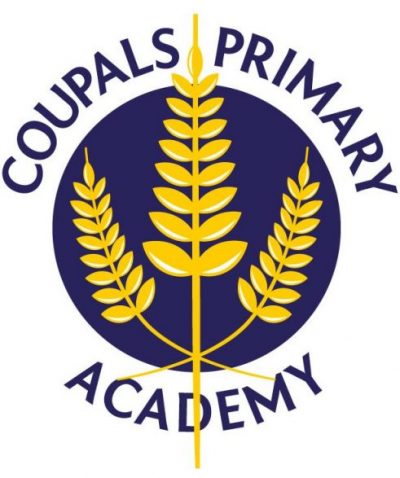COVID-19 Catch-up Premium

What is this funding?
Since March 2020 children and young people across the country have experienced unprecedented disruption to their education as a result of coronavirus (COVID-19). Those from the most vulnerable and disadvantaged backgrounds will be among those hardest hit.
The government has announced £1 billion of funding to support children and young people to catch up. This includes a one-off universal £650 million catch-up premium for the 2020-21 academic year to ensure that schools have the support they need to help all pupils make up for lost teaching time.
Our Funding
School allocations will be calculated on a per pupil basis, providing each mainstream school with a total of £80 for each pupil in years reception through to 11.
Details on where this funding is being targeted and how the impact of our strategy will be evaluated is currently available to view from the attached Catch-Up Premium Plan.
Impact of Lockdown on Our Pupils
| Maths | Specific content has been missed, leading to gaps in learning and stalled sequencing of journeys. Children still have an appetite for maths and lockdown has not affected their attitudes however they are quite simply, ‘behind’. Recall of basic skills has suffered – children are not able to recall addition facts, times tables and have forgotten once taught calculation strategies. This is reflected in arithmetic assessments. A focus is required on developing pupils’ mathematical fluency and reasoning skills to become proficient with the age appropriate maths that they are covering in class. |
| Writing | Children haven’t necessarily missed ‘units’ of learning in the same way as Maths, however they have lost essential practising of writing skills. GAPs specific knowledge has suffered, leading to lack of fluency in writing. Those who have maintained writing throughout lockdown are less affected, however those who evidently didn’t write much have had to work additionally hard on writing stamina and improving their motivation due to the lack of fluency in their ability to write. Even those who wrote regularly during lockdown have not written extended pieces they would normally in school. This has led to a reduction in the stamina of pupils as writers and also in pupils’ processes of writing in areas such as planning and structure. |
| Reading | Many children read regularly through lockdown across a range of texts. This was well supported by online platforms which offered children ebooks to read. However, children are less fluent in their reading and the gap has begun to close between those children that read widely and those children who don’t. The most noticeable difference in reading is children’s retrieval skills. This is most likely because of a lack of exposure to high quality questioning throughout the course of lockdown when reading at home. |
| Non-core | There are now significant gaps in knowledge – some units of work have not been taught in the depth they normally would meaning that children are less able to access pre-requisite knowledge when learning something new and they are less likely to make connections between concepts and themes throughout the curriculum. Children have also missed out on the curriculum experiences e.g. trips, visitors and powerful curriculum moments |
| Emotional wellbeing | Throughout lockdown and the period of partial closure some children have had difficult and, for some, traumatic experiences. Returning to school may require them to receive additional support to understand their experiences and feelings. For some pupils, additional support from ELSA and the Pupil and Family Support Worker will be required. For some pupils support in our Nurture provision, when it opens in January 2021, will be required to help support their emotional development and also their access to the curriculum. |
